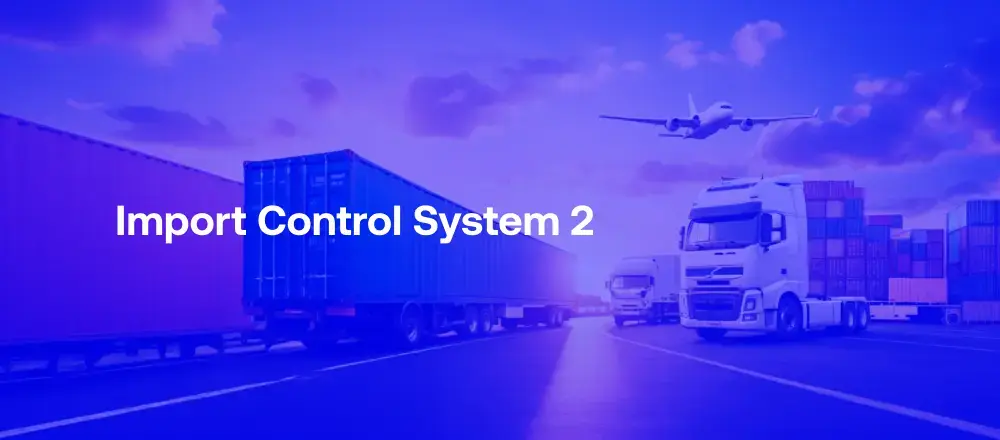- Artificial Intelligence
- CDS Import Process
- Classification Procedure
- Customs Brokerage
- Customs Compliance
- Customs Declaration
- Customs Declaration Service
- Customs Declaration Software
- Customs Declaration Solution
- Customs Declarations
- Customs Duty Calculator
- Customs Procedure
- Duty Calculation
- Entry Summary Declaration
- Freight Forwarding
- Harmonised Code
- iCDS Import
- Intelligent Document Management
- Intelligent Document Processing
- Landed Cost Calculator
- NCTS
- News and Updates
- Process Automation
- Product Classification
- Product Workflow
- Supply Chain
- Sustainability
- Trade
- Uncategorized
- Windsor Framework

